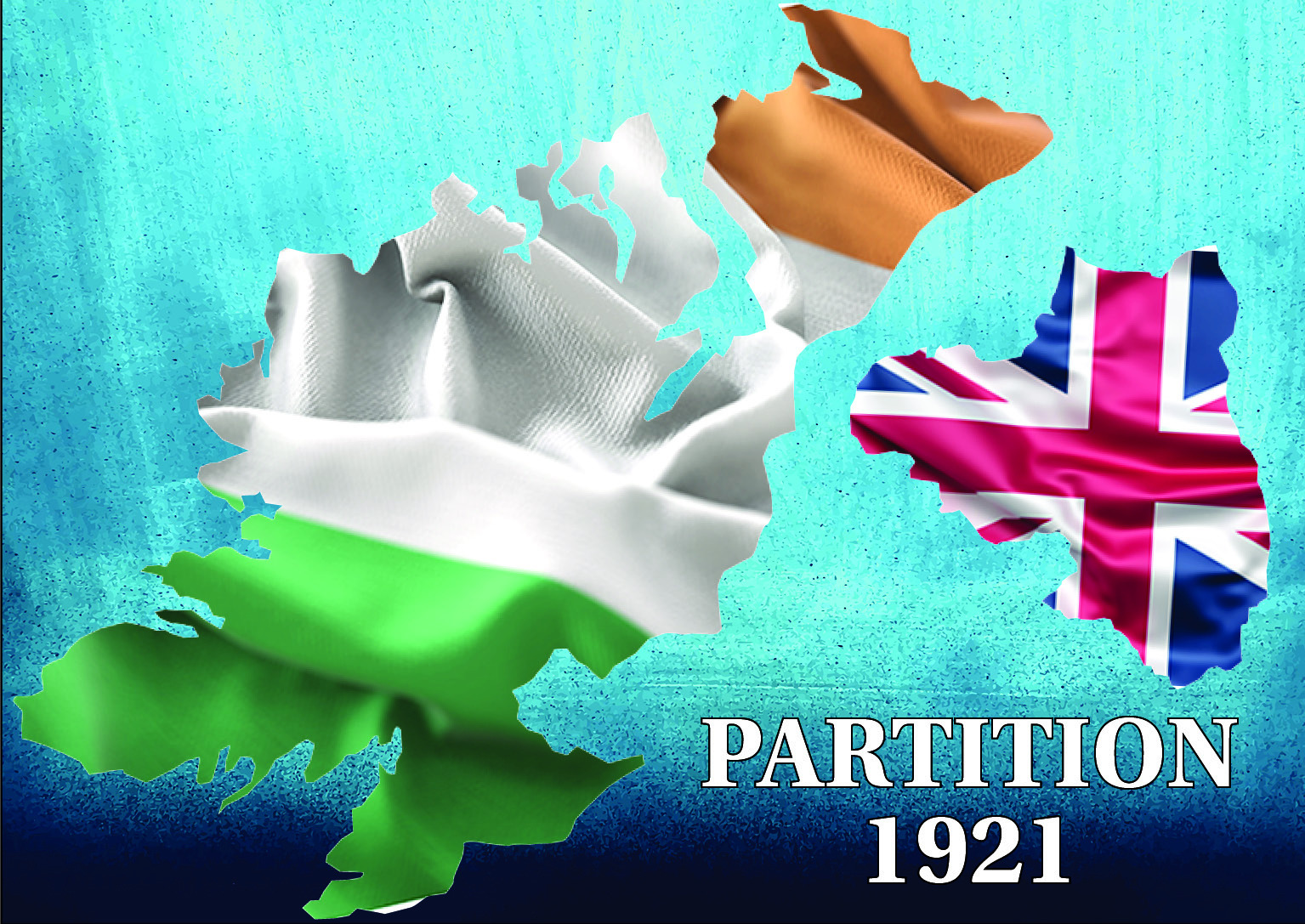
While nationalists enjoyed success in the 1920 elections, the result was not accepted by everyone in Derry which in turn would lead to the riots that took place in June of that year.
This week marks the 100th anniversary of the signing of The Anglo-Irish Treaty. In the first of a two-part series, Matthew Leslie speaks to Dr Adrian Grant of Ulster University to examine life in Derry before the Treaty had been signed.
With Sinn Féin's electoral success in the Derry City seat in 1918 General Election, nationalists turned their eyes on local government.
The running of affairs within Derry had been in the control of Protestants/Unionists since the days of when King James II unsuccessfully laid siege to the city in 1689.
However, the introduction of a proportional electoral system for council elections had been introduced prior to the 1920 local government poll – the result of which was seismic for Derry.
A coalition of Sinn Féin, the Nationalist Party and an independent Nationalist councillor, Hugh O'Doherty, won control of Derry Council from the Unionists by just two seats with O'Doherty himself being appointed Mayor of the city.
Not surprisingly, the result caused resentment amongst the Protestant and unionist community which spiralled into the Derry riots of June 1920.
Dr Adrian Grant of Ulster University said: “The riots of 1920 in the city are interesting in that while partition had been on people's minds, serious violence had not occurred in the city since 1913/14.

“The 1918 election was significant in that it was a landslide for Sinn Féin and the whole country changed politically. So there was a fear on the part of unionists of an independent Ireland.
“But to my mind, the most significant thing was the 1920 local elections in January of that year.
“The unionist minority in Derry had held control of the city since the siege in 1689. So they've had two hundred or so years of dominance.
“Because of the introduction of proportional representation, for the first time ever, the nationalists and Sinn Féin took control over local government after winning a combined majority of just two.
“That in turn meant the Mayor of Derry, Hugh O'Doherty, was both a nationalist and the first Catholic to hold that position since 1688. So that was a hugely significant and symbolic event because it meant that control of local government had been taken out of the hands of unionists and into those of nationalists.
“That was hugely important politically because all of the conversation in 1920, 1921 and into 1922 was about 'would there be partition?' and if that was to happen, 'where would the line be drawn?'.
“If Derry Corporation was under nationalist control, then the propaganda victory and the moral argument would have tipped the balance towards the argument that Derry should be a Free State city rather than a Northern Irish one.
“So unionists were very nervous and scared of their futures because of those significant changes that took place. Weekend by weekend throughout the year, there was violence, rioting and fighting in the streets that became more and more intense.
“You had events in the south with IRA attacks and counter-attacks from the Black and Tans that made things in Derry even more intense and then it all kicked off one night in June 1920.
“It spiralled from the Diamond into the Fountain area followed by a counter-attack from the Bogside and by the end of the week, there were twenty people dead – a really, really terrible week in the city's history.”
Read more:
Derry "the centre of attention" in Partition question
Ground shifts away from Derry's nationalists as Partition lines are drawn up
Subscribe or register today to discover more from DonegalLive.ie
Buy the e-paper of the Donegal Democrat, Donegal People's Press, Donegal Post and Inish Times here for instant access to Donegal's premier news titles.
Keep up with the latest news from Donegal with our daily newsletter featuring the most important stories of the day delivered to your inbox every evening at 5pm.